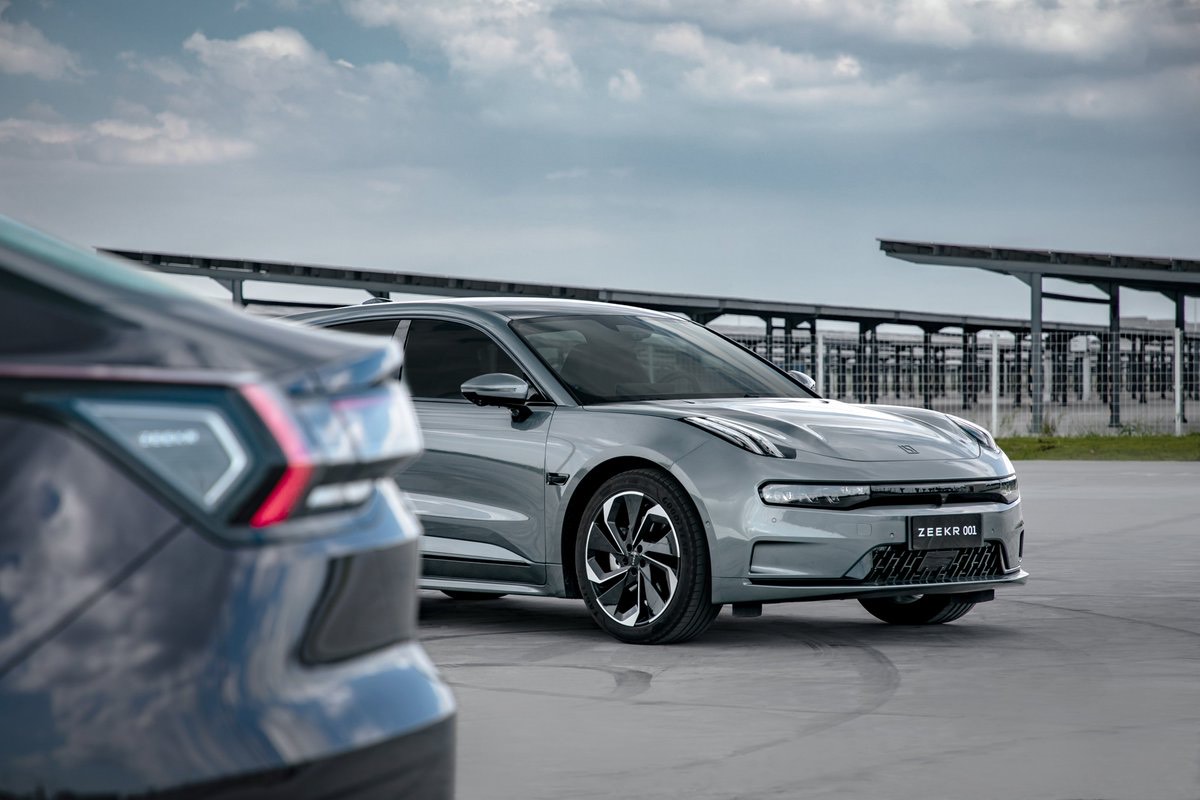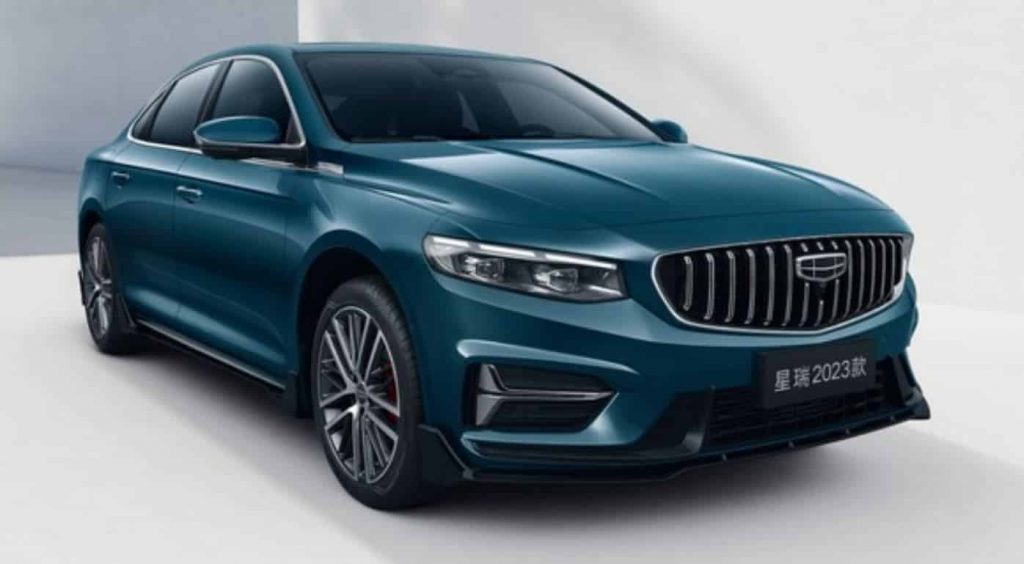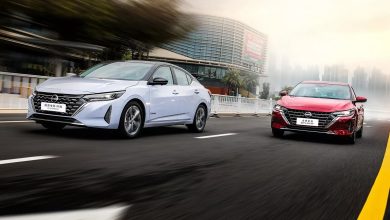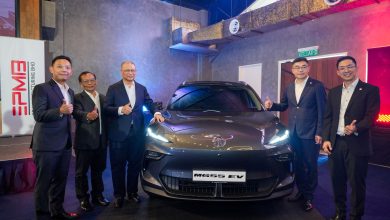Geely Auto reveals sales review for H1 2022

Geely Auto has just revealed their sales performance for the first half of 2022. Based on the information, Geely has produced big numbers thanks to the investments they have made this year. As we all know, Geely is responsible for the newer Protons, including the X70 and X50. They have also have other ventures and investments outside of Malaysia like their recent acquisition of 34% of Renault Korea shares.
The Chinese carmaker ranked in the top three car companies in China, with their total sales of 613,845 units in 2022 H1. Out of those units, 109,000 were EV’s and NEVs. Compared to the previous year, this result is 398 percent higher and also accounts for 17.9% of the company’s total sales to date.

More information on Geely’s sales for the first half of 2022 is available in the press release below.
PRESS RELEASE
Geely Automobile Holdings Ltd (HK.0175) (Geely Auto), the Hong Kong-listed entity in which Zhejiang Geely Holding Group is the lead shareholder, released its 2022 H1 results revealing revenues of 58.2 billion RMB with net profits of 1.28 billion RMB.
In the first half of the year, Geely Auto accelerated its intelligent and electric transformation, with significant progress made in the premium market segments. Geely Auto recorded sales of 613,845 vehicles in the 2022 H1, ranking top three among Chinese automakers. Among those sales, electrified and new energy vehicles reached 109,000 units, an increase of 398% YoY and accounting for 17.9% of the company’s sales. Highlighting company’s ongoing transformation, R&D investment in intelligent and new energy vehicle technology increased by 71.7% to 3.63 billion RMB in H1.
Supported by the launch of advanced models and better product pricing, the company’s average selling price per vehicle increased 21.1% to 102,000 RMB. In the first half of the year, the company successfully launched several intelligent and electrified new models including the Xingyue L Hi-F (HEV) and Emgrand L Hi-P (PHEV) under the Geely Auto brand and the Geometry E (BEV) under the Geometry brand. New energy models featuring smart and intelligent capabilities will continue to be the company’s focus in new product offerings in the second half of 2022.
Since the beginning of 2022, the company has focused not only on expanding its electrified product line, but also on improving the intelligence of its products. In H1, the Geely Auto brand upgraded four of its models from a distributed control electronic architecture GEEA1.0 to a centralized domain electronic architecture GEEA2.0 along with support for the latest Qualcomm 8155 vehicle microchips. In addition, OTA updates have improved the brand’s cockpit operating system by making the interface similar to the mobile phone experience.
Advancements in intelligent technologies has also helped improve the autonomous driving experience. Currently, the company is focusing on L2+ and L3 intelligent drive.
In the first half of the year, the company’s overseas expansion has accelerated significantly with export sales exceeding 88,000 units, an increase of 64% YoY and accounting for 14.3% of the company’s total sales. Lynk & Co achieved a new milestone in its European operations, delivering a total of 10,912 units to owners and subscribers in H1, an increase of 3,986%. Geometry C was exported to Israel and has quickly become the best selling BEV in its segment. The company’s strategic partner in Malaysia, PROTON has also accelerated its overseas expansion, becoming Malaysia’s top vehicle exporter.
Global expansion will continue to be an important avenue for growth and the company has set a target of achieving 20% of its total sales from overseas markets by 2025. The Geely Auto brand will focus on major markets in the Middle East, Asia-Pacific, and Latin America. The PROTON brand will focus on the Southeast Asian markets such as Thailand and Vietnam. Lynk & Co will continue expanding its presence in Europe as well as in Asia-Pacific markets. In addition to increasing exports, the company will also work on exporting its advanced hybrid, electric, and other new energy technologies through innovative models such as technology licensing, subscription, or cooperation with local automakers.




